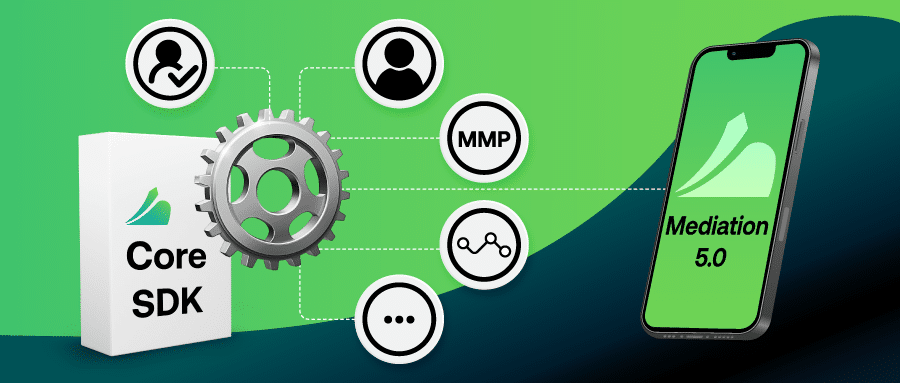What is Google Play Ranking
The term Google Play ranking has several meanings, the first of which is ‘keyword ranking’ which is the actual spot an app sits in the search results page, and the second is an app’s ranking in two chart areas of Google Play, which are:
1. the Top chart, divided into free and paid, which is the chart of all the top apps
2. The specific Category charts an app belongs to and show the top apps for that category
Even experts in the industry are in the dark when it comes to the details on how the Google Play algorithm works, but some of the highly influential factors (both text relevant and user behavior related) that are taken into account are known, though how much they influence (their weight when ranking) is still unclear.
Why Google Play Ranking is Important
As an app dev or marketer, it’s important to focus on an app’s ranking in order to optimize as many areas of a product page as possible in order to rank highly, see good exposure (impressions), growth and install rates.
Though similar to App Store rankings, the on and off-metadata factors that affect an app’s ranking in Google Play are more complex. Similar to the App Store, Google Play also factors in the following when weighing up where an app should rank:
- Listing performance (install velocity: how well the app converts first time installs) in the Top and Category charts. A healthy amount of engagement and downloads will contribute to an app ranking for a number of terms. Industry experts understand this is one of the leading factors in how an app ranks.
- Metadata keywords in title / short description / long description. (The hidden keyword field is unavailable on Google Play, only appearing in the App Store.)
- Retention rate and CVR. An app will rank better if it has a high retention rate. A high uninstall rate will have a negative impact on an app’s ranking position.
- App ratings, user reviews and feedback. A product page would ideally showcase good feedback and will rank higher for it.
- Frequency of updates. An app that’s rarely updated will rank lower than an app that’s updated regularly.
- App listing backlinks. The more backlinks an app listing has will result in a higher ranking.
- Technical performance of the app including crash rate.


